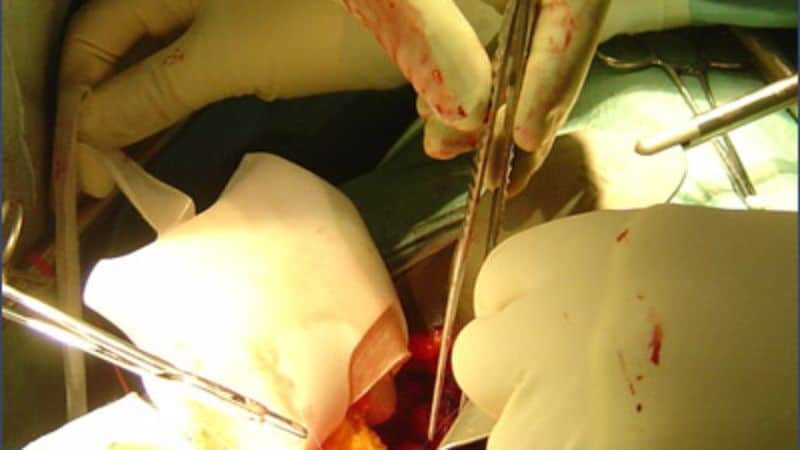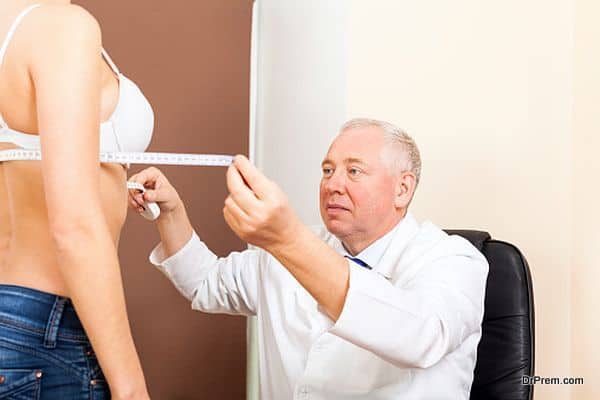Definition:
The kidney transplantation is a surgical procedure performed to replace the diseased or malfunctioning kidney by a healthy kidney of living or dead donor. The new kidney functions as normally as an original. The donor of the kidney may be
- Living relative – the close relative of the patient such as parent, sibling or child
- Living not related- friend or spouse
- Deceased donor- a recently dead person who had no known chronic kidney disease
Why it needed?
The kidney transplant is advised in cases of end stage renal disease or kidney failure due to various causes that includes
- Chronic glomerulonephritis
- Long term infection such as chronic pyelonephritis or tuberculosis
- Congenital defects like polycystic kidneys
- Diabetic nephropathy
- Uncontrolled hypertension
- Tumours
- Obstruction due to calculi
Facts and figures
- National Kidney Foundation estimates approximately 350,000 people in US with End-stage renal disease and 67,000 people die of kidney failure every year
- On an average, around 16,000 kidneys are transplanted every year in the US.
- The first human-to-human kidney transplantation was done by Dr L.J. Hammond of Philadelphia, in 1911
Advantages
- Kidney transplant expands the life of patients
- Dialysis is not required after kidney transplant which gives patients relief from pain and discomfort as well as saves time, energy, money
- Improves the quality of life of patient as he can start having normal diet soon after surgery and the transplanted kidney functions similarly to the normal kidney
Disadvantages
- After kidney transplantation patient needs to take immunosuppressive medicines for life time
- Longer waiting period to get healthy kidney
- Patient becomes more susceptible to get infection as he needs to take immunosuppressive medicines for life long.
Risk and complications associated with kidney transplantation includes
- Reaction to anaesthesia or medication
- Bleeding
- Breathing problems
- Infection
- Kidney rejection
- Internal organ damage
- Bladder leakage
- Death
Preoperative Preparation
- Complete physical examination
- Blood and urinalysis
- X- rays and USG, ECG etc
- After deciding the eligibility for kidney transfer patients are put on waiting list
- Patient and relatives are informed about the procedure, follow up and risk involved.
- Consultation with surgeon or doctor a week ago, and have a list of medicine which is to be taken or needed to be stopped.
- Have an arrangements with family and/or friends to help during the post-operative rehabilitation
- Arrangement for blood transfusion, if required during or after surgery
- Prepare home as per the requirement for the recovery after the surgery
- Do not eat or drink anything after midnight the night before surgery
- The medical tourist is advised to plan a trip for staying maximum time.
Post operative care
- After the surgery patient is kept in ICU (intensive care unit) for about 3-4 days to monitor vital signs constantly. As soon as patients becomes stable is shifted to a room having a few monitoring devices. Usually patients needs to stay for about 1-3 weeks after the surgery
- First few days patients are given clear liquids in diet gradually followed by solids law in salt.
- Patients are encouraged to start walking slowly and then gradually resume to normal daily activities.
- Patients will be instructed regarding dressing care, signs about rejection or infection before getting discharge from the hospital. First three months after the surgery is very crucial and a patient needs to take certain precautions to avoid getting any type of infection.
Dos, Don’t and Precautions to be followed after the surgery includes
- Do follow the advised diet regime, eat less salty food
- Be regular about follow –up visits and monitor the signs of rejection and infection carefully
- Inform the surgeon immediately if suspects any sign of infection or rejection
- Wash hands frequently
- Take all prescribed medication regularly
- Don’t swim in lakes or common swimming pool for about 3 months after surgery
- Avoid contact with sick persons
- Avoid crowds and rooms with poor air circulation
The patient of kidney transplant needs to take immunosuppressive medicines throughout the life and also needs to take good medical care, prevent and treat complication under the guidance of doctor to ensure long and healthy life post kidney transplant. A full recovery may take about 6 months.






